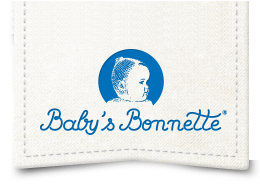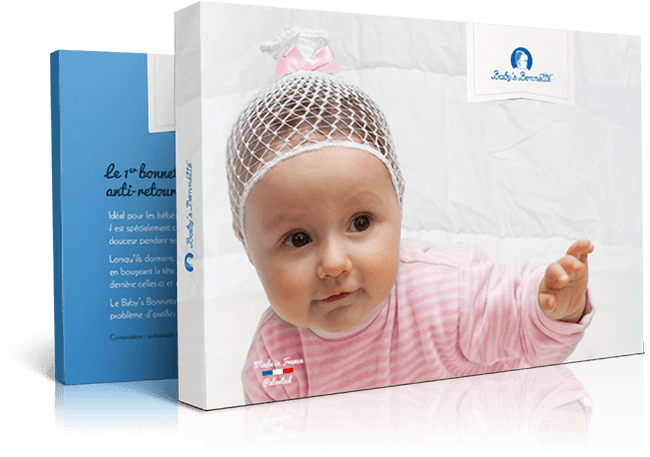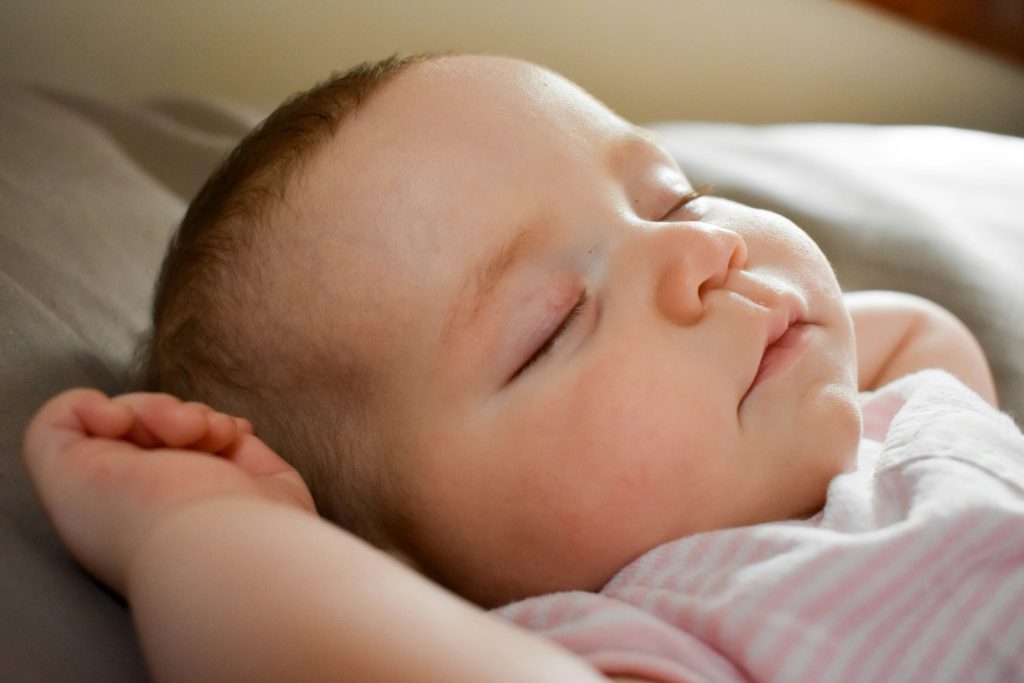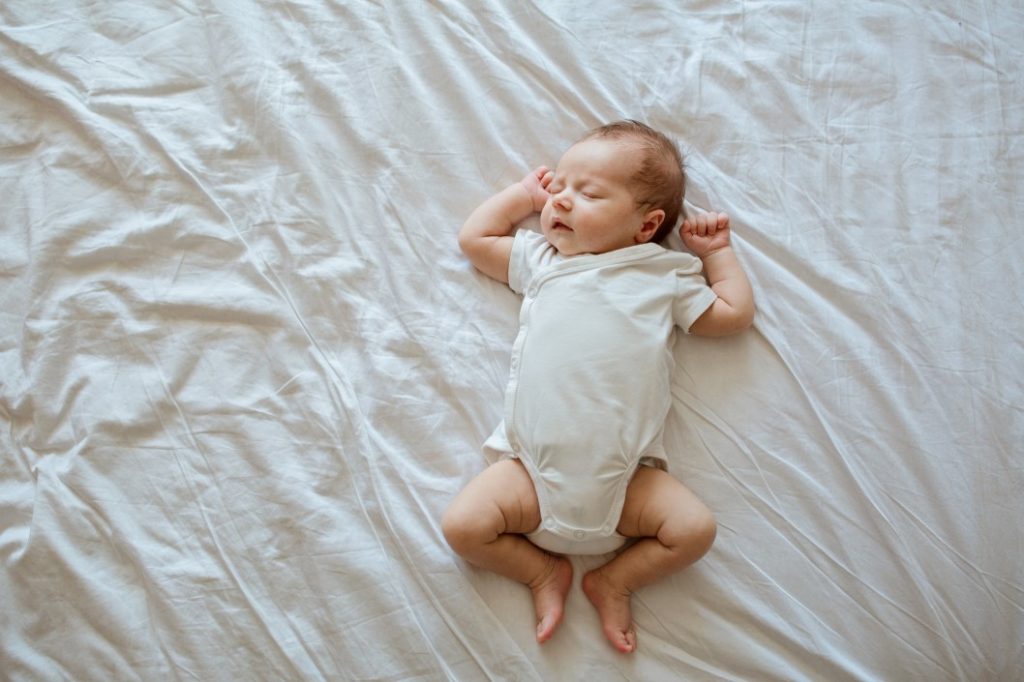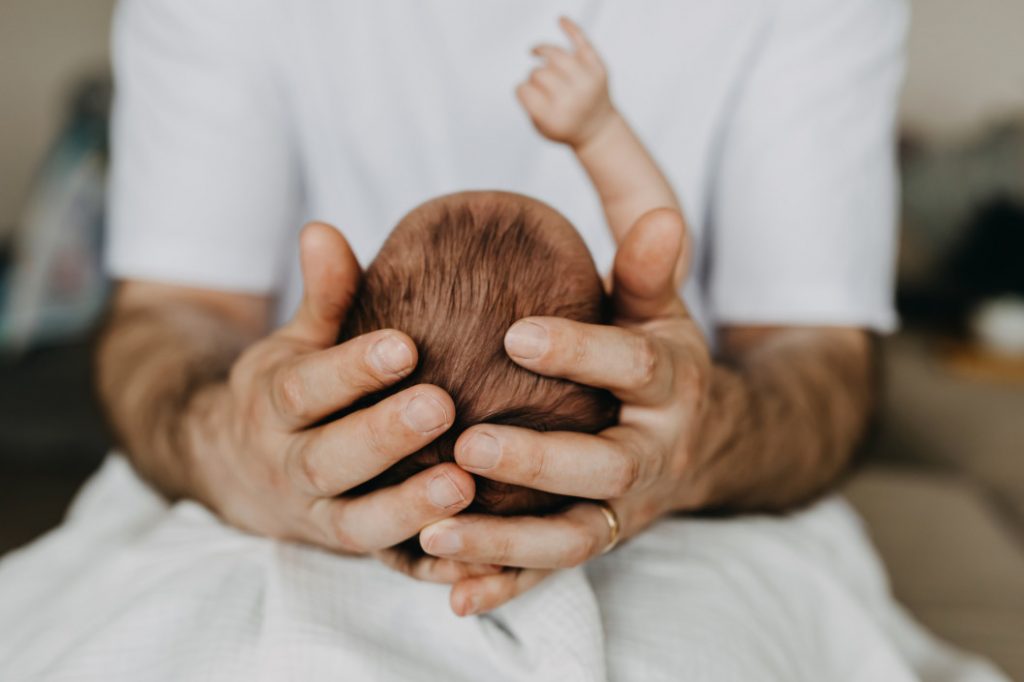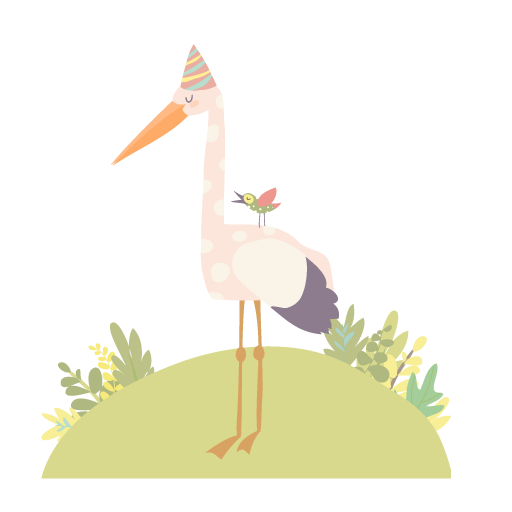Your baby’s head needs a lot of support in the first few months, until his neck muscles become stronger.
Gaining the strength to hold his head is the foundation on which the development of all your baby’s other movements rests. This will help him roll over, sit up, crawl and walk.
How will my baby develop head control?
Your baby will gradually develop head control over the first six months.
- Newborn
Your baby’s neck muscles are quite weak at birth.
For the first few months, baby will rely on you to support his head and neck when you carry him.
- One to two months old
At the end of the first month, baby may try to lift his head briefly when lying on his stomach. He may also turn his head slightly from side to side before his head falls back to where it was.
From around 4 to 12 weeks, he may be able to lift his head when lying on his stomach.
- Three to four months old
By the age of three months, your baby should be able to lift his head and chest and support himself with his hands when he’s on his tummy.
When you hold your baby on your shoulder, he should have enough control to hold his head up, without any support from you.
Try this funny game that will help your baby develop his neck muscles:
place your child on the floor on his back and gently pull him up into a sitting position. Release him gently and repeat the operation. He should be able to hold his head more or less in line with the rest of his body as you pull him up.
- Five to six months old
By six months old, your baby should be able to keep his head upright when standing, not just when sitting. His head should not remain behind his body when you pull him to sit up.
When to worry
Babies develop their skills differently, some more quickly than others, and head control is no different. If your baby doesn’t have good head control after five months, consult your doctor.
Bear in mind that if your baby was born prematurely, he or she may reach this goal, and possibly other milestones, later than most full-term babies.

